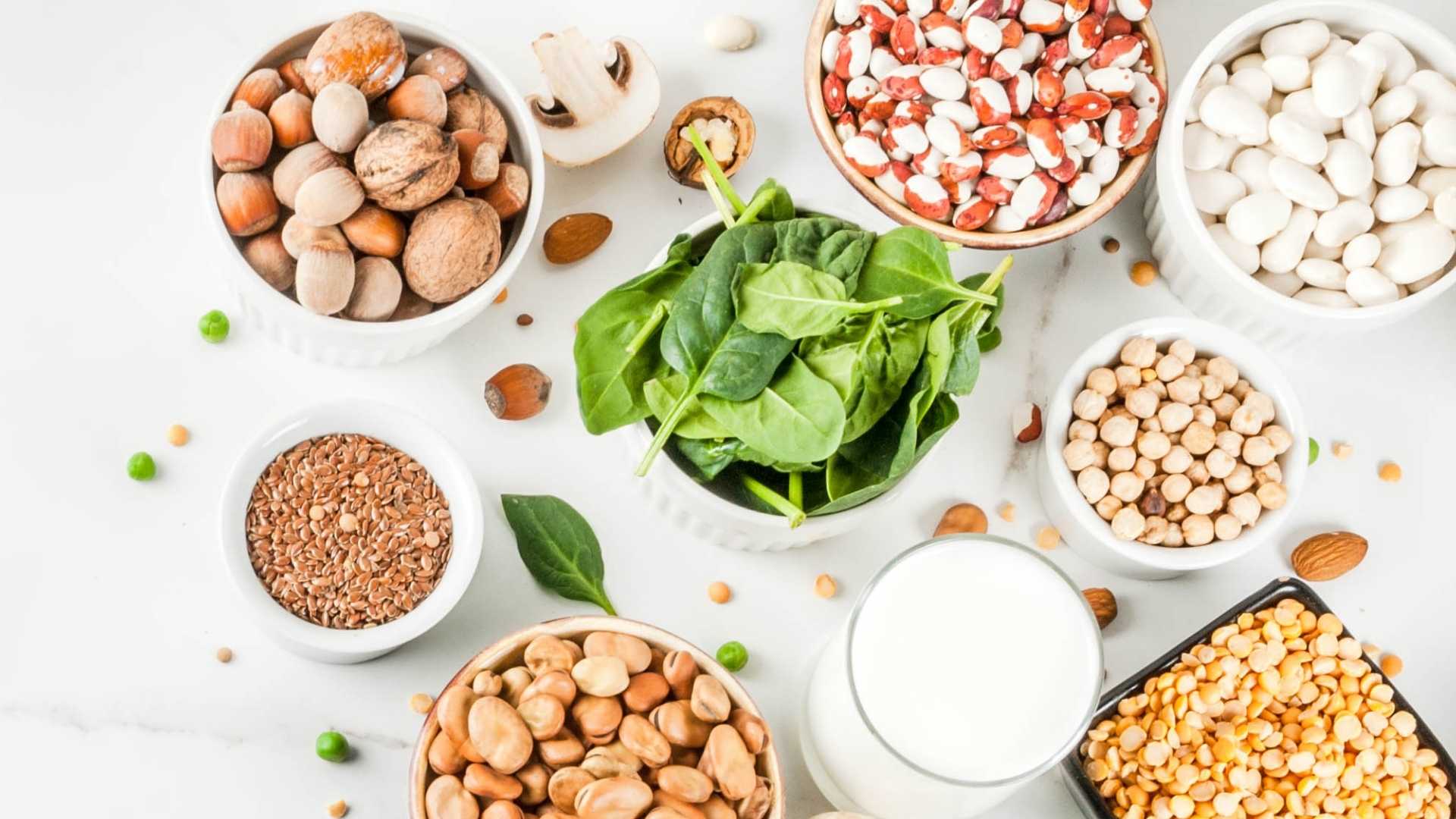When you think about nutrition, do you think about calories first? We’ve been taught to think of food as fuel, more than the impact of diet on health. But this “calories in calories out” mentality undermines the importance of nutrition for so many other reasons.
Today’s article will go beyond thinking about simply food as a source of energy and consider:
- What are calories, anyway?
- What it means to go beyond fuel and think about food as medicine
- How food affects your mood
- How does food affect your hormones
- How food affects your brain
What Are Calories?
What we commonly call calories are kilocalories, a unit of energy. We get calories from carbohydrates, proteins, and fats in food. Our cells turn these macronutrients into adenosine triphosphate, also known as ATP. Then, energy is released from ATP to allow all the functions of our body. This process is referred to as metabolism or energy-burning metabolism. We need to eat to maintain metabolism.
Food As Fuel
Most doctors are taught (and teach you) that the only way to lose weight is to consume fewer calories. This view equates human metabolism to a combustion engine. What goes in equals what goes out.
The multibillion-dollar diet industry is based on the calories in calories out philosophy. We are taught that by counting calories, we can control our weight. However, when you restrict food on a diet, eventually, you’ll feel hungry, and your appetite will swing in the other direction. It’s hard to maintain such a restrictive relationship with food.
The truth is that most weight loss diets fail. Ninety-five to 99% of people who go on a weight loss diet will regain the weight, and often more, within a year or two.
Why is this? When we solely focus on calories, we treat empty calories the same as nutritious ones. We forgo snacks and balanced meals that make us feel full for meeting the number goal for the day.
Instead, look beyond food to fuel your body, and understand that food is a chemical language that informs hormones, gut health, brain health, and all other aspects of the body’s functions. In addition, moving beyond calories helps you to tune into your body and develop a healthy relationship with food.
Food As Medicine
Food as medicine is an alternative nutrition view acknowledging that food is more than calories and can be a powerful healing tool. Food is information that creates chemical signals that influence health or disease.
From this perspective, you can use food to boost performance, increase energy, improve focus, achieve blood sugar balance, and more.
Using food as medicine relies on the premise that we eat real food. We all agree that food should taste good; however, ultra-processed foods override our natural taste perception. We go on seeking hyperpalatable food that ultimately works against our health goals.
Real food is food in its whole, unprocessed, and natural form. Well – balanced meals contain mostly plant foods like fruits, veggies, legumes, whole grains nuts, and seeds for the benefit of a wide variety of vitamins, minerals, and phytonutrients that promote health. We can round out our plates with quality animal proteins if we’d like. We like to think of plants as the base meal and animal proteins as the “condi-meat.”
One significant factor in mood is blood sugar balance. If we eat a high carb (low fiber) meal or snack, we may spike our blood sugar quickly, and when it begins to fall, we can feel anxious and irritable. Another food-mood example has to do with inflammation. Inflammation is linked to depression and other mood disorders. Processed foods tend to be high in sugar and other refined ingredients that are inflammatory, compared to whole foods, which are high in anti-inflammatory essential fats and phytonutrients.
We can also take a food as medicine approach for overall brain health. Antioxidants help protect brain cells, quality fats build brain structure, and protein foods provide the amino acids we turn into neurotransmitters.
Similarly, foods that affect hormones can be added or subtracted from the diet to achieve hormonal balance for each person. For example, cruciferous vegetables (like kale, collards, and broccoli), flaxseeds, and chia seeds support estrogen balance and detoxification. Brazil nuts and pumpkin seeds are great choices for thyroid support.
Scott’s Protein Balls provide healthy snack options with a food as medicine philosophy. Created from real food, providing the perfect balance of protein, fiber, and fat, our protein balls balance blood sugar, support brain health, and much more. Look beyond the calories and at the quality ingredients to see for yourself.






